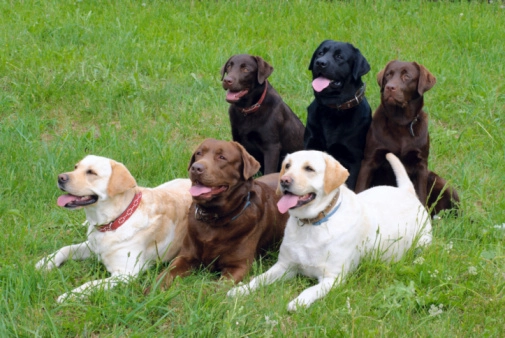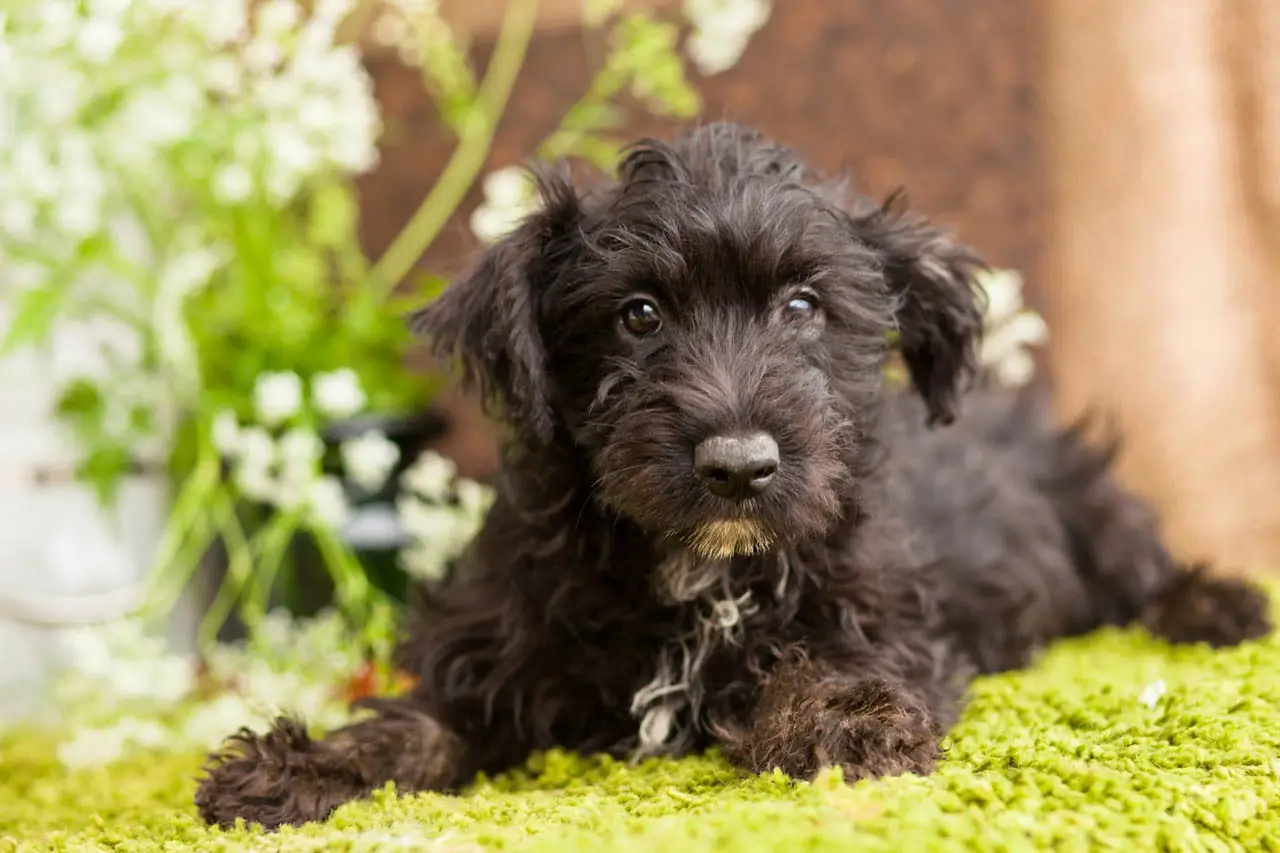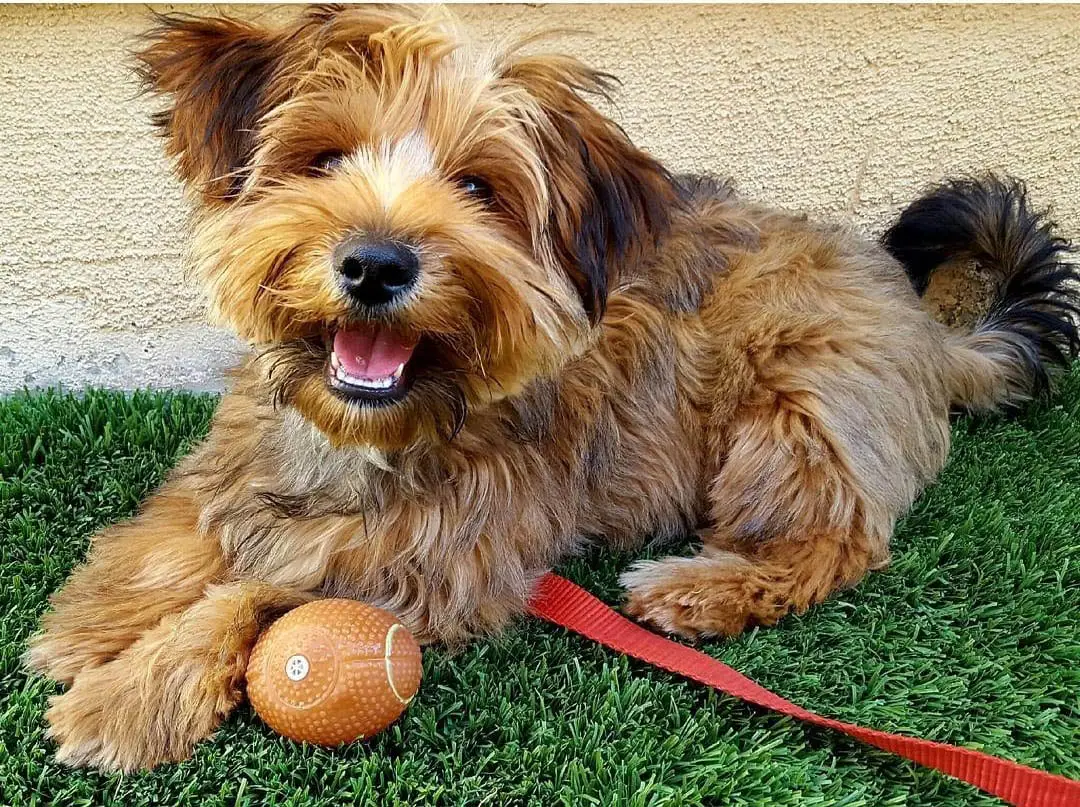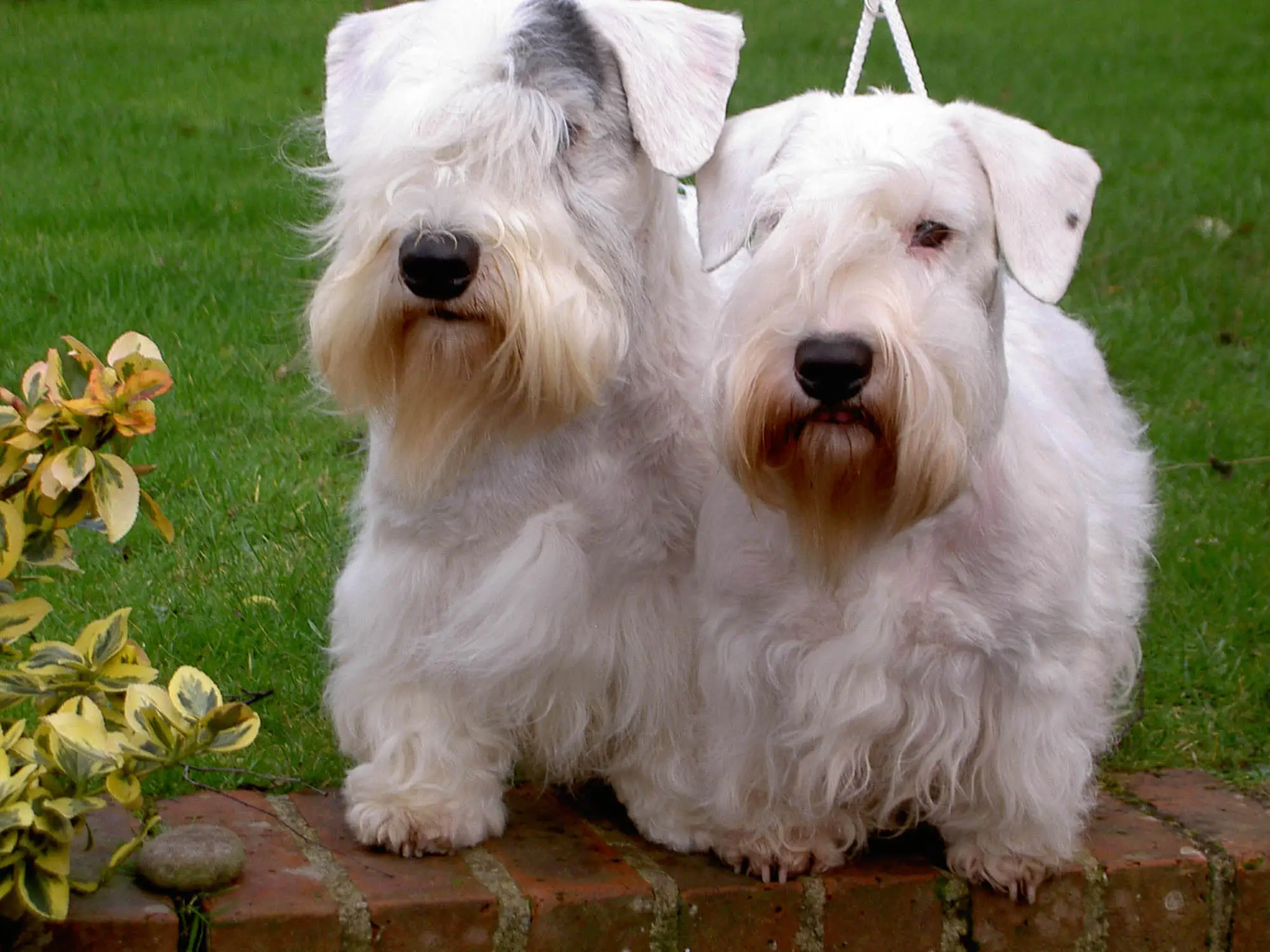Wondering why your dog has anxiety? Well, then it might have something to do with their breed.
Many dog owners frequently complain they feel helpless when it comes to helping their dog’s anxiety. But we’re here to help you with that!
What is Anxiety In Dogs?
Our dogs experience anxiety, nervousness, you name it, just like we do. In fact, dogs appear more prone to anxiety than many other mammals. In one study, 72.5% of all dogs showed at least one anxiety-related behavior.
One of the big reasons for this is due to their social nature and history as pack animals. And this lifestyle preference doesn’t always coincide well with our lifestyle. Between work, our social lives, and on, many dog owners aren’t able to constantly be by their furry best friends’ side. Being away from their hooman makes many dogs uncomfortable, and some can’t stand it. When this happens, a dog experiences separation anxiety, and it’s one of the most common anxieties our dogs experience.
Another common anxiety trigger for dogs is loud and unexpected noises. Between thunderstorms and celebrations with fireworks, many doggo owners are well aware of this form of anxiety. We call this form noise sensitivity anxiety.
The last major form of anxiety is fear, whether it’s fear of human strangers or other dogs. Fear anxiety can be a particularly difficult form to deal with because it’s often marked with aggressive behavior.
While anxiety is incredibly common in dogs, in most cases, it can be eliminated or at the very least significantly reduced.
Signs Your Dog May Be Anxious
Panting, pacing, barking, aggression, destruction, and accidents in the house are some of the most signs of anxiety in dogs. Where some dogs can become aggressive when anxious, others may become shy, reluctant to engage with pinned back ears, avoiding eye contact, and a tucked-in tail.
Most of the signs above are common to see periodically, but when you notice prolonged periods of them or many of them together, it could greatly indicate an anxiety condition.
How To Help A Dog With Anxiety
The best way to help your dog with their anxiety is to identify the type of nervousness they are experiencing and the triggers behind it. Your veterinarian is a great source of information and will have the tools to greatly help out. When your dog’s anxiety has turned into destruction and aggression, your vet may prescribe them anxiety medication.
Desensitization and counterconditioning are common training methods and are often considered the best treatments for ultimately curing the anxiety condition.
Hemp CBD oil is becoming extremely popular to use for help with anxiety. Able to help calm nervousness for up to 6 hours — great for separation anxiety — CBD offers pet owners a natural aid that’s well-tolerated by dogs and cats. To learn about safely giving CBD to dogs, check out InnovetPet.

When it comes to treating anxiety, creating a treatment plan that consists of multiple methods is usually your best bet for tackling your dog’s anxiety.
Dog Breeds Most Prone To Anxiety
Currently, it’s impossible to put together a list of the top 10 most anxious breeds in order. However, there is remarkable research taking place that may lead us to one day making such a list. For now, here are some dog breeds research is indicating may be most prone to anxiety.
The United States of America’s favorite dogs for decades and running; between their high energy and love of people, the Labrador Retriever is quite susceptible to anxiety. Interestingly enough, while prone to anxiety, one form they aren’t is fear of strangers. In one study, nearly one-tenth of Miniature Schnauzers were aggressive and fearful toward strangers. Labrador Retrievers, on the other hand, essentially showed no fear to strangers.
Another high-energy dog, but this time, taken to the next level, is the loveable and athletic Border Collie. Originally bred for herding livestock on farms across America from sunrise to sunset, the Border Collie now often finds its way solely as a family dog. But because of their need for constant mental and physical stimulation, non-working Border Collies are often more prone to experience anxiety.
Genetics can play a part in why some breeds are more anxious than others as well. In a 2019 study, German Shepherds were found to have a code in their DNA for the oxytocin receptor gene OXTR. The positive of this gene is it increases a dog’s sociability, but the downfall is it’s also associated with higher noise sensitivity.
Other dog breeds found to be more susceptible to developing an anxiety condition include the Lagotto Romagnolo, Wheaten Terrier, Spanish Water Dog, and Shetland Dog.
.png)





